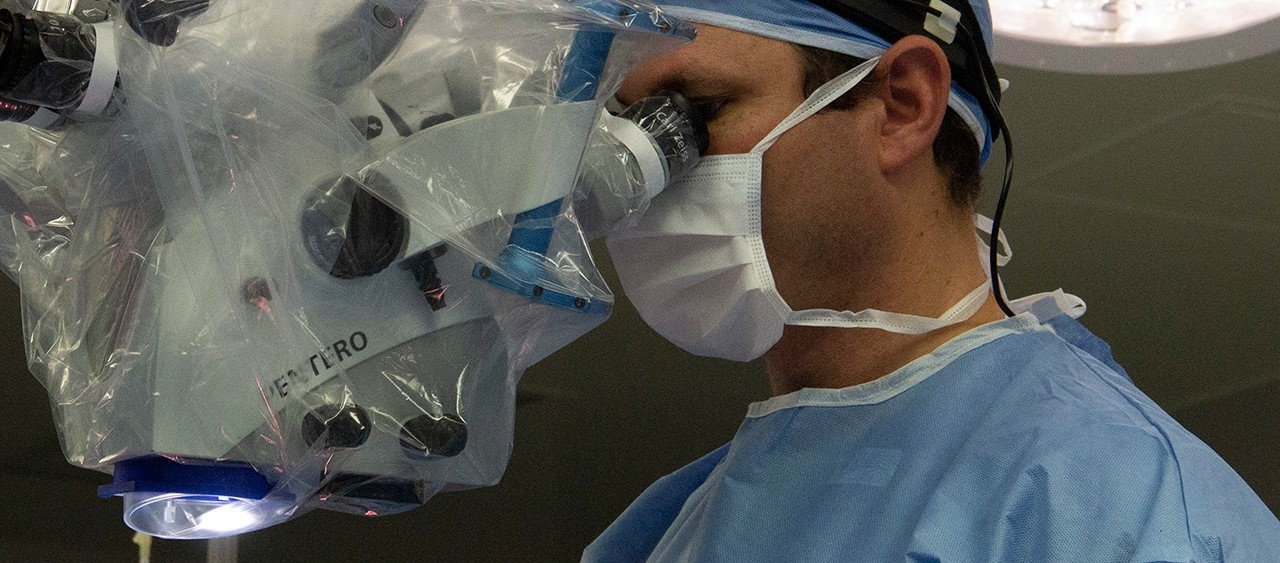Neurotrauma and Injury Prevention Programs
Treating and preventing traumatic brain injuries
Neurosurgeon
Dr. David Clarke
Neurosurgeon
Dr. Simon Walling
Research manager
Lynne Fenerty
Research coordinators
Lorelei Audas
Research Associate
Nelofar Kureshi
Neurotrauma continues to be a leading cause of death and disability in Nova Scotia. The number of major trauma cases provincially continues to increase annually. Nova Scotians suffer major trauma at a rate of 1 per 1000 people; among those, 40% are afflicted with a serious traumatic brain injury (TBI). The most common mechanisms of injury are falls (44%) and motor vehicle crashes (27%). Ongoing surveillance demonstrates that there are significant regional variations in the prevalence of major TBI in the province.
The annual economic burden of traumatic injury in Canada and Nova Scotia is estimated at $26.8 billion and $790 million respectively. The human cost for patients and families suffering traumatic brain injury (TBI) is tremendous, and is particularly tragic given that up to 95% of injuries have a preventable component.
The Neurotrauma and Injury Prevention programs are dedicated to improving traumatic brain injury (TBI) care for patients and families across the spectrum of injury, with an emphasis on knowledge translation. The programs collaborate across multiple sectors to deliver targeted, evidence-based injury prevention and clinical programming for TBI care.
